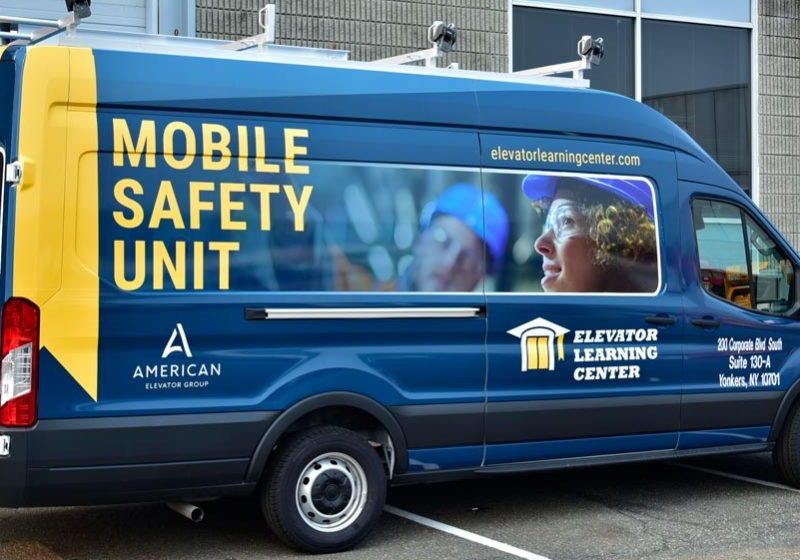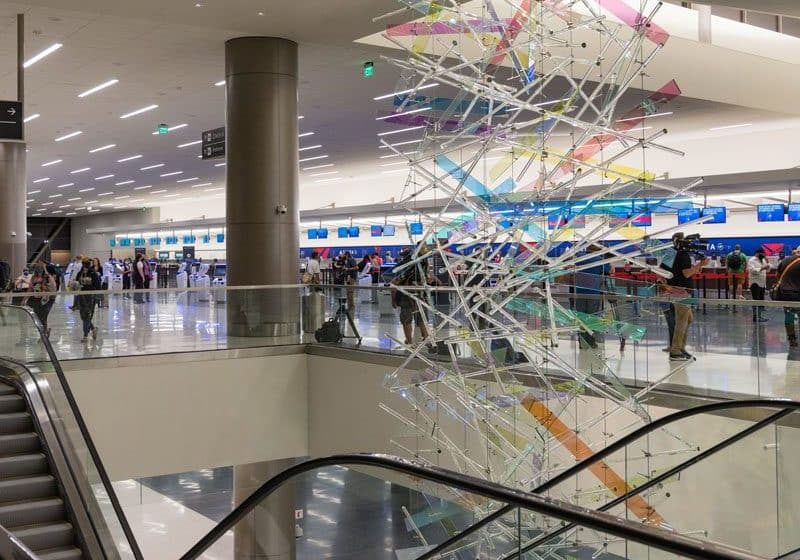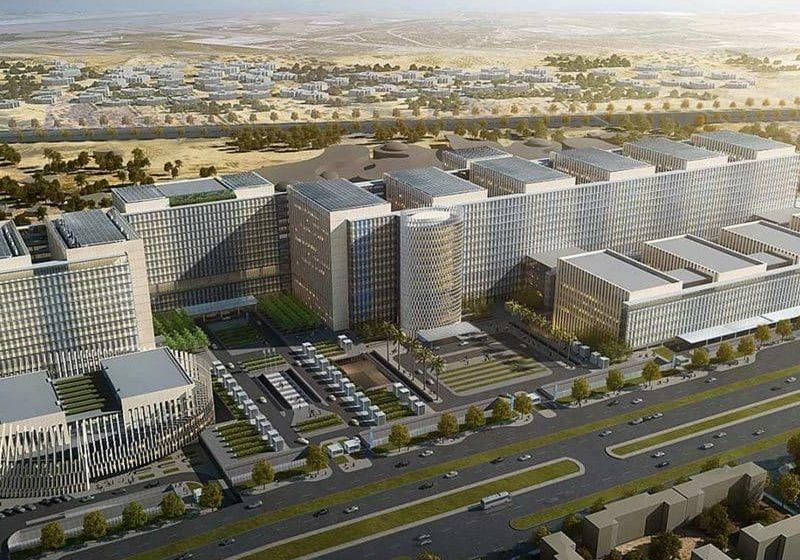Maven Group’s Dominik Sachsenheimer discusses mergers, acquisitions and growing private equity investment in the VT industry.
Jupiter, Florida-based Maven Group, LLC, was founded in 2016 by Bill Beaury to help guide owners of independent elevator companies looking to sell through the complex merger-and-acquisition process. Beaury was joined later that same year by Dominik Sachsenheimer, who became partner and president of the firm. As an international advisor and consultant, the company facilitates transactions with international or regional elevator companies, as well as private equity investors. Sachsenheimer (DS), now president of Maven Group, discusses this and more with your author (AB).
AB: What are the company’s primary functions? What is its mission and/or philosophy?
DS: Maven Group focuses on mergers and acquisitions exclusively in the elevator industry. We primarily represent sellers in transactions but have occasionally represented buyers, as well. Beyond these services, we offer general business consulting for industry leaders in the elevator space. Our mission is to facilitate win-win situations for sellers and buyers, as transactions only close when both sides are excited about the outcome.
AB: Why do you believe Maven is needed in the elevator industry?
DS: Beaury and I each worked in the elevator industry in North America for over a decade before we founded Maven Group. In addition, we provide perspective from our prior career experiences in other industries and, in my case, other continents, as I grew up in Germany.
AB: What benefits/protections do elevator companies gain by using a company like Maven when going through an acquisition, investment or in other matters that you handle?
DS: Engaging Maven Group as an advisor helps sellers anticipate the buyer’s questions during a transaction. Because we understand the buyer’s concerns, we are able to prepare our clients and place them in the best possible position when we enter negotiations.
AB: How did you get involved with Maven Group? Why did joining Maven seem like the right move for you, given your work history?
DS: When I oversaw the M&A department for Otis Elevator in North America, I noticed that many sellers required help before bringing their company to market. Streamlining the process ultimately maximizes the seller’s outcome while closing the deal much faster, which ultimately helps both the sellers and buyers. In other words, I realized that there would be a demand for the services we provide, so the leap of faith from employment to entrepreneurship made perfect sense.
AB: In the five years you’ve been Maven Group’s president, what are some of the trends you’ve seen in the elevator industry?
DS: We currently observe a continuously active market. For most of the past two decades, five to 10 transactions per year across the industry was the norm in North America, regardless of Maven’s involvement. In 2020, more than 30 companies changed hands in North America, and I am aware of around 20 closed transactions through July 2021. The trend appears to hold.
AB: What is your explanation for this trend?
DS: We have seen an increased interest from private equity investors in the elevator industry offering a new type of exit strategy for many owners of independent companies.
AB: We have all noticed the private equity trend over the past year or so. Does this surprise you? Why now? What about the elevator industry is appealing?
DS: The better question would be “why not sooner?” The elevator industry is unique, as it combines extremely attractive attributes: elevator companies provide mission-critical services, and many of the tasks are code mandated, which translates to high predictability of recurring revenue. As equipment ages, the demand for modernizations inevitably increases. Most companies have a diversified customer base or low concentration. The highly skilled technicians constitute a high barrier to entry. Most companies produce healthy cash flows while requiring little capital expenditures. Lastly, the independent market is still quite fragmented, offering investors the opportunity to consolidate businesses into a larger platform.
The elevator industry is unique, as it combines extremely attractive attributes: elevator companies provide mission-critical services and many of the tasks are code mandated, which translates to high predictability of recurring revenue.
AB: How does private equity investment or acquisition differ from investment or acquisition from an OEM, in your experience?
DS: When selling to a private equity firm, owners often keep equity in the company and grow the business with the new investor. This may translate to getting a “second bite of the apple” when the company grows in value over time. When selling to one of the international manufacturers, the sellers get immediate access to engineering expertise, a large supply chain network and advanced IT systems. Large buyers also have the ability to take over management if an owner wants to retire soon after the sale. In summary, both options offer different benefits. We aim to identify our clients’ personal goals and suggest partnerships best suited for them.
AB: As this is a rather new phenomenon for the elevator industry, can you shed light on what the future may hold for those companies that become involved with private equity investment?
DS: The trend is still in its infancy, but I believe that most funds owning elevator platforms are happy with their investment in our industry, simply because the industry is doing well and independent companies continue to thrive.
AB: Do you have some advice for companies contemplating a sale or merger?
DS: In many cases, selling a business is the largest transaction in any owner’s experience. Therefore, it is imperative to focus on clean recordkeeping to maximize value and ensure a smooth transaction, not just on the financial side but also in terms of contract documentation, human resources, insurance, etc.
AB: How has the coronavirus affected the industry and Maven Group?
DS: Most companies in our industry have done well with keeping their employees and customers safe — not an easy task, given that service companies are “essential” and were required to perform throughout the pandemic. While some projects have been placed on the back burner, business, overall, showed no signs of slowing down, so many investors were able to experience a recurring revenue model in a safety-code-driven industry as fairly resistant, even in times of economic contraction.
AB: What do you see in the near future for the industry?
DS: I foresee more focus on safety at the technical level as well as a continuation of the growth in appetite for private equity investments on the business side.
AB: Any long-term trend forecasting you’d like to do?
DS: Do I have to? (laughs) The industry is looking at a bright future with urbanization trends continuing.
AB: What are the future goals of Maven? What are your personal future goals?
DS: Maven Group has grown remarkably in just five years, and we plan to develop a strategy for the next phase of our growth in the next six to 12 months. We are also contemplating expansion either to other parts of the world beyond the U.S. and Canada or to other industries, or both (laughs). On a personal note, I look forward to international travel restrictions easing, as I love exploring the world with my family.
Get more of Elevator World. Sign up for our free e-newsletter.










